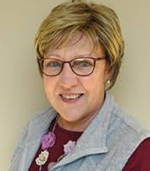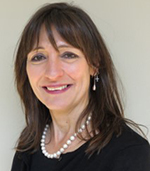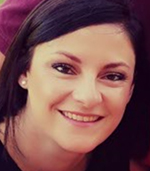It is a fact that many children find themselves in barren school classes and playgrounds because their parents, educators and caregivers are often unaware of the importance of providing opportunities for purposeful play in the early years.
Fortunately, researchers from the North-West University (NWU) are joining forces with Singakwenza, a non-profit ECD organisation, to present workshops to teach adults on the importance of play and how they can make their own toys and learning materials out of recycled materials.
Research has long confirmed the importance of play as the foundation for early childhood development. In fact, “80% of a child’s brain potential – upon which all further learning is built – is developed before the age of four,” explains Prof Mariëtte Koen.
She will lead a team of researchers from the Community-based Educational Research in Diverse Context (COMBER) Early Childhood Development (ECD) strand in a project titled “Early Childhood Care and Education: building partnerships between teachers, caregivers and parents for the holistic development of young children”.
The team includes Dr Stef Esterhuizen, Dr Marinda Neethling and Benita Taylor. Prof Lesley Wood is the director of COMBER.
The North West Education Department recently gave the study the thumbs up and external funding has been secured by the Collaborative Action Research Network: Susan Noffke Action Research Foundation.
Bringing play into the classroom
The ECD study team emphasises the importance of children having as many opportunities to learn as possible. “However, the high cost of educational toys makes it often unavailable to homes, crèches and schools with limited financial resources.”
Fortunately, this is where Singakwenza – which means “we can do it” in isiZulu – comes in.
“Singakwenza’s fun, effective training programme for adults focuses on why learning through play is so important, and teach you to make your own toys and learning materials out of recycled materials,” says Prof Koen.
The educator or parent needs only a pair of sharp scissors and a marker pen and they will be able to get the rest of the materials needed to provide an educational, fun-filled environment for the children in their care – from the bin!
Bread bags become skipping ropes, polystyrene vegetable trays become puzzles, yoghurt containers become shape sorters and cereal boxes become maths games. In addition, packaging that would usually be thrown away now has value for both adults and children, so the programme is good for the environment too.
 |
 |
 |
 |
The team includes Prof Mariëtte Koen, Dr Stef Estherhuizen, Dr Marina Neethling and Benita Taylor.
